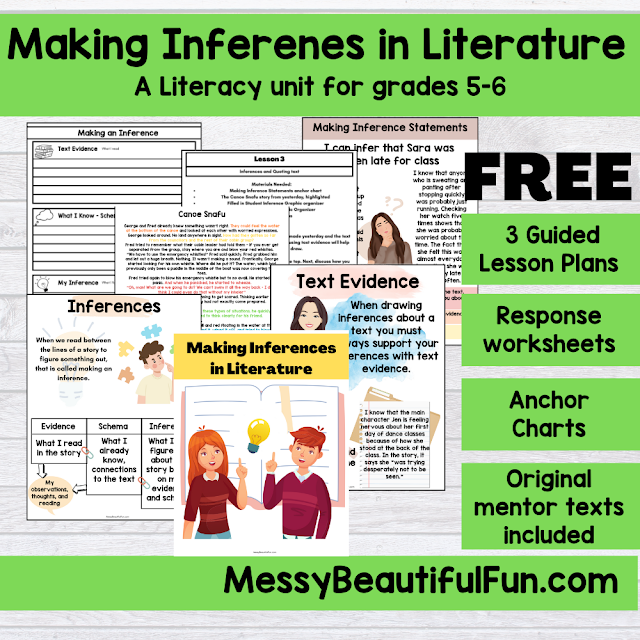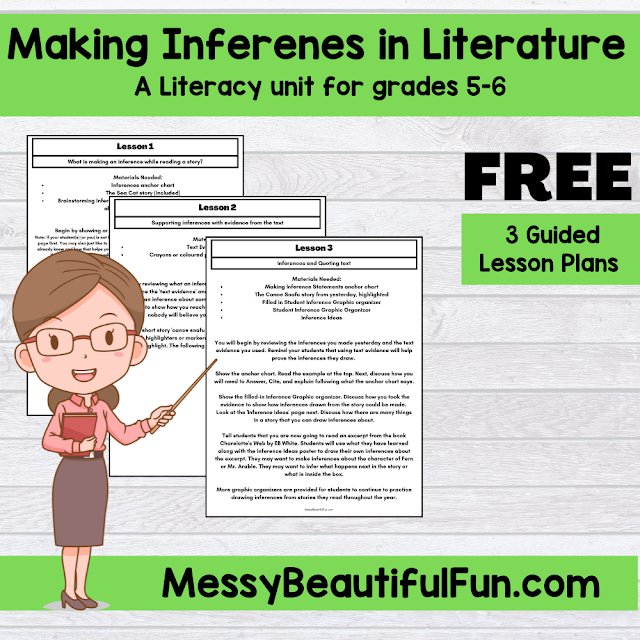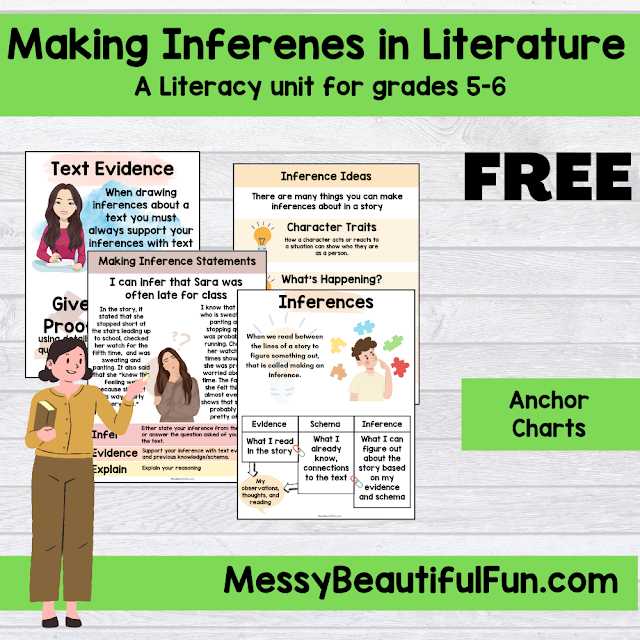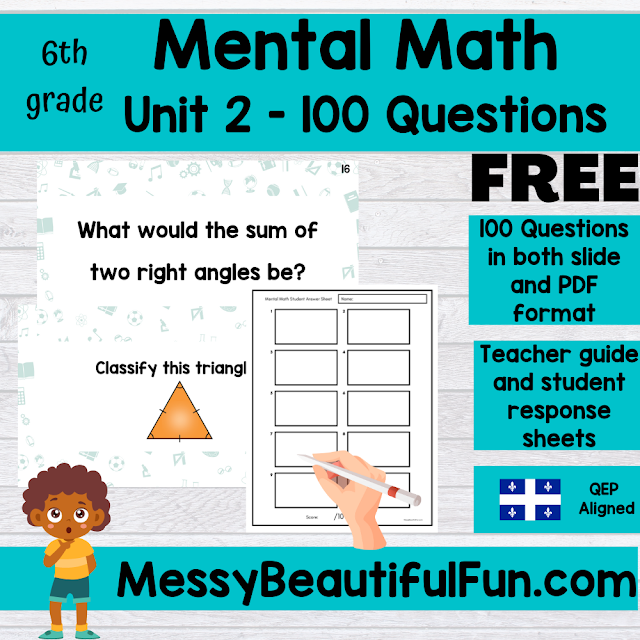Friday, July 28, 2023
Free Making Inferences in Literature Unit
Sunday, July 23, 2023
The Homeschool Preview Collection FREEBIES!
Hello my homeschooling readers!
I just wanted to make this post to let you know about a new FREE collection that is out right now that is giving away some incredible resource!
This 'free preview collection' is a great way to get ready for th eupcoming school year and features some AMAZING and FULL products that I know you're going to love - because I have been loving them myself!
This preview collection is meant to be a little taste of what will be coming in an upcoming bundle sale I am participating in this week - one that I am super excited about! The Homeschool Collection from HomeschoolResourceCo.
While the sale will be starting later this week, for now you can download some truly amazing freebies that will help you map out your school year! These include...
- A 97-page homeschool planner printable
- A Student Guide to Digital Projects (this is a course your kids can follow by picking their own digital projects to complete - super fun ones like creating a quote graphic on Canva through to making a virtual newspaper!)
- Identifying Your Child's Learning Profile (this course for parents helps you to create or prepare for a custom IEP/work plan for your child who may have some special needs.)
- Why & How to do homeschool evaluations (this video course walks you through how to do your own evaluations to keep track of your child's learning - without those pesky state tests! This course includes a workbook and is definitely one I will be doing!)
You can download this freebie collection by clicking on any image on this page or by clicking on the link below.
Enjoy!!
Wednesday, July 12, 2023
Illustration in a Text Unit Free - The Curious Garden by Peter Brown
Illustration in a Text Unit Free Visual Elements in Literature
Most kids grow up reading and being read picture books. But have you ever asked your students to make the connection between illustrations in a fictional text and how they change and affect the storyline?
In this unit, this all-important concept will be covered for grades 4-6 using the beautiful book by Peter Brown, The Curious Garden.
Included in this unit you'll find some guided lesson plans to use. There are 2 days of lesson plans that should take 45 minutes to an hour of classroom time, or about 30 minutes of 1-on-1 time to complete. Of course, you can choose to divide the lessons up even further by listening to the literature on one day and responding to it the next.
I've included everything you need to teach, including an anchor chart, worksheets, and the lessons that tell you exactly what to do.
An Original Text and ResponseIn order to get your students warmed up and ready for a response to the picture book used in this unit, they'll start off with a short text. this an original mentor text I wrote for this unit that includes illustrations and a response worksheet.
You will read the text as a class, pausing as indicated in the lesson plans to discuss how the images that go with the story relate to it and add to it. This is a great way to get your students thinking more about illustration connections. They will then choose their favourite image from the story and the one or two sentences they felt connected with it the most and give an explanation as to why.
The Curious Garden Literature Response UnitIn the second lesson, students will listen to the video read aloud of the Curious Garden. Of course, if you would like to read the book yourself you can do this as well. The lesson plan guides you on where to stop in the story and discuss the text imagery vs illustration and when to connect the two.
After doing this, students will respond to the story using two excerpts and connect those to the illustrations in the book. As this book contains many wordless pages, it's a great choice for teaching this topic!
Download the Unit BelowYou can download this free unit by clicking on the link below.**Please do not share the direct link to the google drive, but a link to this post instead. This FREE resource may be shared for FREE, used in online teaching or in-person teaching so long as my website address (messybeautifulfun.com) remains on every page. You may NOT sell this unit for a fee or distribute it as your own work. Let's keep education free and accessible to everyone! Thank you**
Saturday, July 8, 2023
Free Text to Self Student Response Unit - Alexander and the Terrible, Horrible, No Good Very Bad Day
Free Text to Self Student Response Unit
Alexander and the Terrible, Horrible, No Good Very Bad Day
Friday, July 7, 2023
Mental Math for 6th Grade Unit 2 - 100 Free Exercises
Mental Math for 6th Grade Unit 2
100 Free Exercises
Mental Math Practice Made Easy!
Teacher Guide and Student Response Sheets
- Google Slides link (to make your own copy) with mental math questions
- PDF version of the slides that can be printed or projected onto a tablet easily
- Student response sheets with 5 or 10 answer spaces and a scorecard below
- Teacher guide with tips and answers
Wednesday, July 5, 2023
Quebec Historical Expeditions Unit 2 - Quebec 1905
Quebec Historical Expeditions Unit 2
Quebec 1905
Whether you're a homeschooler or classroom teacher, this resource will make meeting the Quebec progressions of learning for History engaging, fun, and simple!





























